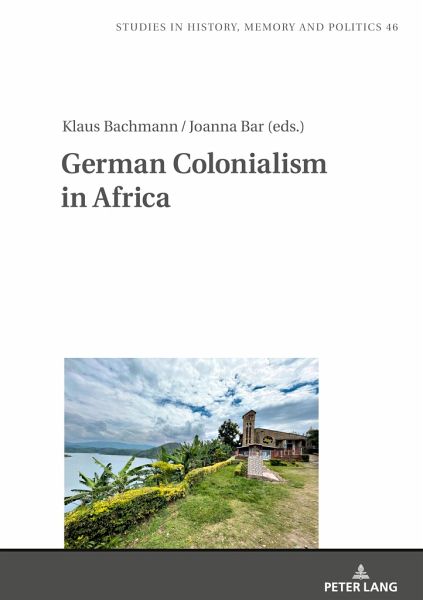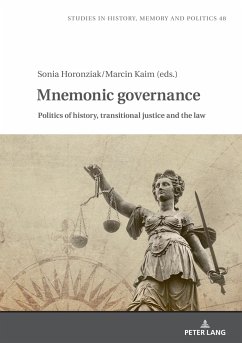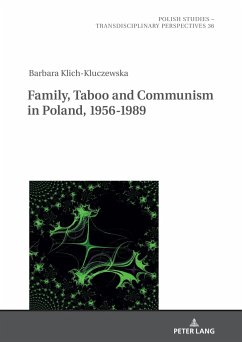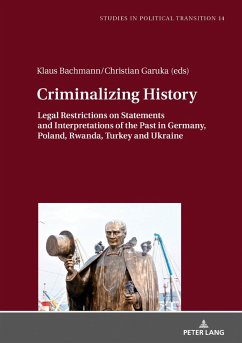
German Colonialism in Africa
Versandkostenfrei!
Versandfertig in 6-10 Tagen
59,95 €
inkl. MwSt.

PAYBACK Punkte
0 °P sammeln!
In this volume, six experts from Europe and Africa present new insights from the field about various aspects of Germany's colonial rule in Africa, raising doubt about the hitherto interpretations of some important events. The outbreak of violence in Rwanda 1904 was neither an anti-colonial Hutu uprising nor the result of a royal court intrigue against German rule, but instead a response to raids, the White Father missionaries had carried out against the local population. German colonialism in Rwanda was much less benevolent than it is today recalled in Rwanda, because its main edge was directe...
In this volume, six experts from Europe and Africa present new insights from the field about various aspects of Germany's colonial rule in Africa, raising doubt about the hitherto interpretations of some important events. The outbreak of violence in Rwanda 1904 was neither an anti-colonial Hutu uprising nor the result of a royal court intrigue against German rule, but instead a response to raids, the White Father missionaries had carried out against the local population. German colonialism in Rwanda was much less benevolent than it is today recalled in Rwanda, because its main edge was directed against the population in the North whose collective memory has been marginalized in the royal abanyiginya narrative, under colonial rule and after the genocide. Other chapters deal with the link between colonial boundaries and ethnic conflict and the counter-intuitive consequences of the German/Namibian settlement about colonial atrocities against the Herero and Nama.














